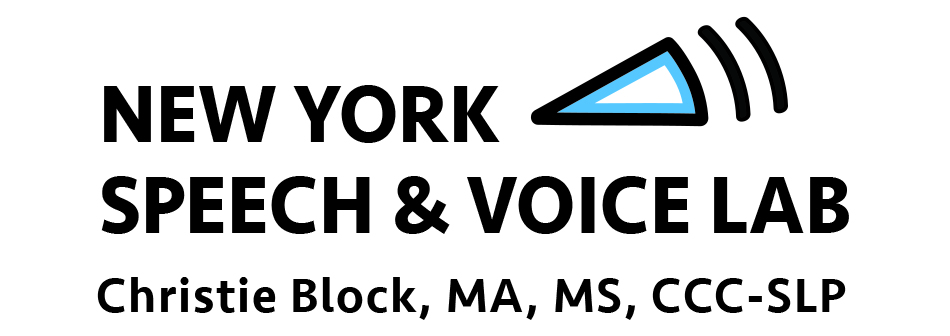The process of developing voice and speech habits that are more congruent with your gender identity, both for internal comfort and external expression, can be mysterious and challenging. You start out by trying various ways of talking that can indeed feel foreign or silly, and because of that, some people avoid working on their voices for fear that they will sound not only incongruent but unnatural as well.
Many people don’t realize is that there is a neurological component that shapes how the process will go. Having that foreign feeling is actually a natural part of learning a new behavior. That higher pitch or that bigger voice must feel new and weird because it is different than what you are used to. The key is to check whether your feelings of weirdness are because you are trying something new or because you actually sound unnatural.
With good feedback from a professional or an informed, experienced supporter, you can identify if your voice/speech modifications sound natural or not. My clients usually go through an initial period of feeling fake even though they are sounding natural in their new speaking. If you allow yourself to practice and use new ways of talking, these ways will gradually feel more real, both emotionally and physically, as the brain retrains the muscles to produce the desired skills in a more automatic way.
So, the bottom line is that there is often a period of feeling weird and fake before a more authentic feeling settles in. Just stick with it!
